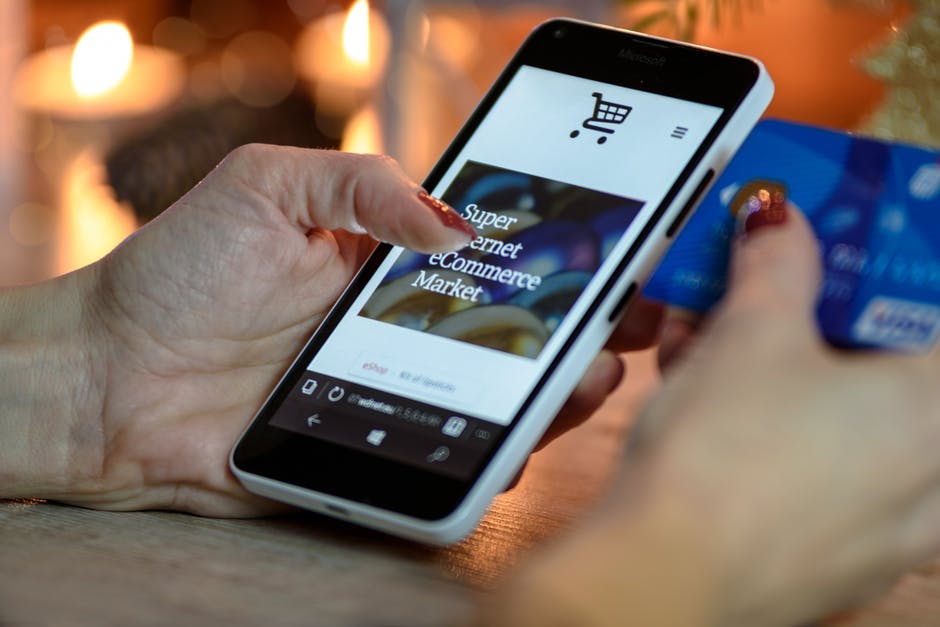For years now, marketers across the world have all been giving businesses the same piece of advice: to succeed in the digital era, you need a website.
While this advice is still accurate, things are beginning to change. As mobile devices continue to increase in popularity, people are spending up to 2x more time on their phones and tablets than on computers.
So what can your business do to keep up? Take your current website and use it to build a mobile app, of course!
Keep reading for ten of the reasons it’s time to turn your website into an app.
1. Easy Access
As of January 2018, 77% of Americans were smartphone users—and that number is only expected to grow. That’s exciting news for businesses with a mobile presence!
All a customer has to do to connect with your business is to pull their phone out of their pocket and click on the app. Seeing your app’s icon on their home screen helps to keep your business front of mind. And better yet, they’ll no longer need an internet connection to engage with your brand.
2. Personalized Experience
When it comes to increasing customer loyalty and engagement, personalized experiences reign supreme. Your customers want to feel understood and remembered when they interact with your brand.
Mobile apps can help provide that experience. They can store data like login credentials, purchase information, and user preferences directly on your customers’ phones, and can give location-specific content based on GPS tracking. They can also be designed to track user engagement and provide recommendations based on past interactions.
3. Notifications
Want to make sure your customers know when you release a new product or begin a new promotion? Or how about giving them a nudge to purchase the items they left in their online cart? Emails used to be the notification method of choice, but their open and click-through rates have dropped.
Luckily, notifications are a piece of cake with mobile apps. Users can be notified via banners, badge icons, in-app pop-ups, or mobile push notifications. And because so many people keep their smartphones on their person most of the time, they’ll find out before it’s too late to take action.
4. Track User Engagement
Mobile apps allow you to gather detailed reports on user engagement and track exactly how people spend their time on your platform.
You can gather metrics like session length, the total number of downloads and active users, how frequently users open the app, and your customer conversion and retention rates. You can also gather data on screen flow, a visualization of how your users navigate from screen to screen. All of this information can be combined to build a constantly improving user experience.
5. Use Mobile-Specific Features
One of the most significant benefits of a mobile app over a website is the ability to capitalize on mobile-specific features. These include the camera, barcode scanners, GPS check-ins, and access to a contact list.
Using mobile features can make using the app more fun and efficient, and can even increase conversions by contributing to a personalized experience. If you’re looking for some inspiration on how to use mobile-specific features, discover these apps that are popular on the Samsung Galaxy store.
6. Creative Freedom with Design and Branding
If you’re ready to take another step in the evolution of your business’s branding, a mobile app is a great place to start. Because it’s a distinct entity that’s separate from your website, you have the freedom to experiment with new style elements before implementing them across the board.
Apps also let you make use of mobile-specific interface design features like pinch zoom, swiping, dragging images, and holding down a button. Websites can be clunky and awkward to use on a small touchscreen. But by taking advantage of these mobile features, you can make tasks easy and efficient, thereby improving the user experience even more.
7. Offline Functionality
Another benefit that apps have over websites is their ability to work without an internet connection. While some parts of your app might need online access, you can provide some basic functionality with the content stored on a user’s device.
8. Improve Speed
Site performance and load times are hugely important for customer retention. Visitors won’t wait for a slow-loading web page anymore—for example, the BBC found that their user number dropped by 10% for each additional second their site took to load.
Thankfully, mobile apps tend to have much higher performance speeds than websites, even when the end-user has a poor internet connection. This is because they don’t have to wait to receive information from a host server to load. Combine that with local storage of necessary information (like login credentials) and your customers will be able to access your content in a flash.
9. Increase Conversions
Because of the personalized experience that they provide, mobile apps can be used to target users at specific steps of your sales funnel. Many businesses will develop an app with utilities that directly engage top or bottom-of-funnel users, whereas their website caters to everyone.
But does it work? Yes—a recent study found that mobile retail apps had a 120% higher conversion rate than mobile versions of desktop websites.
10. Stay Relevant
As people continue to rely more on mobile devices, desktop websites may become obsolete. Designing a mobile-friendly website is the bare minimum required to stay relevant during this transition, but turning your website into an app can help you stay connected with your customers no matter what device they’re using.
Are You Ready to Turn Your Website Into an App?
The future is mobile, so don’t wait any longer! If you turn your website into an app and make sure your online presence is mobile-friendly, you’ll be able to keep in touch with your dynamic customer base for years to come.
For more great website tips and tricks, check out the rest of our blog!



